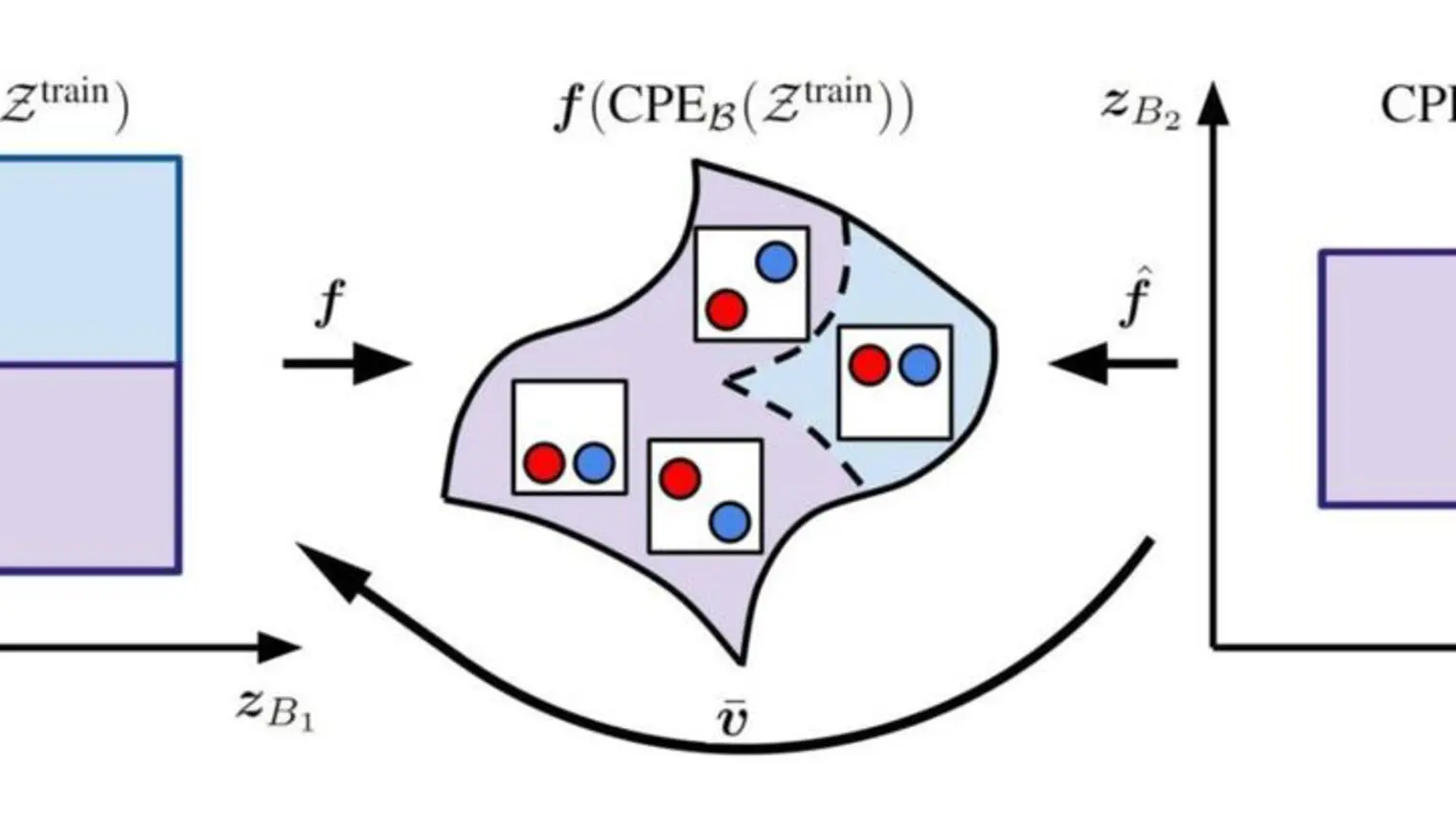
Simon Lacoste-Julien
Biography
Simon Lacoste-Julien is an associate professor at Mila – Quebec Artificial Intelligence Institute and in the Department of Computer Science and Operations Research (DIRO) at Université de Montréal. He is also a Canada CIFAR AI Chair and heads (part time) the SAIT AI Lab Montréal.
Lacoste-Julien‘s research interests are machine learning and applied mathematics, along with their applications to computer vision and natural language processing. He completed a BSc in mathematics, physics and computer science at McGill University, a PhD in computer science at UC Berkeley and a postdoc at the University of Cambridge.
After spending several years as a researcher at INRIA and the École normale supérieure in Paris, he returned to his home city of Montréal in 2016 to answer Yoshua Bengio’s call to help grow the Montréal AI ecosystem.



